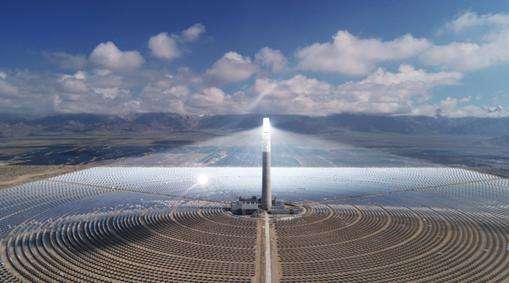1. Excessive stator temperature damages the generator insulation. Insulation temperature levels are divided into several groups. Hydrogen generators are generally rated F. National standards allow a temperature increase of 105 degrees. If the temperature is too high, it will damage the insulation and shorten the life of the motor. Of course, this can also directly burn the stator coil.
2. The risks associated with excessive rotor temperature are the same as for the first point.
3. If the pad material is bus alloy, the national standard cannot exceed 75 degrees, and the plastic tile is 55 degrees. If it is too high, the pad will be burned and it will no longer be able to function. In actual operation, bus alloys typically operate between 40 and 60 degrees. Plastic tiles work below 50 degrees.
4. Installing a cooledair sewer consists of cooling the stator and the rotor. Water circulates through the air cooler to cool the air inside the generator to achieve cooling.














